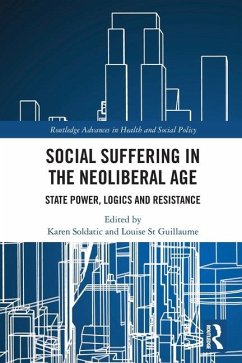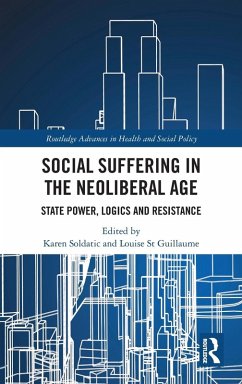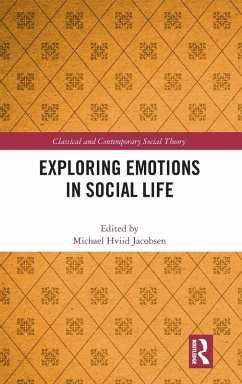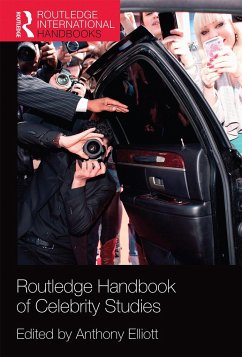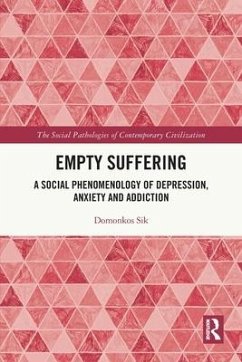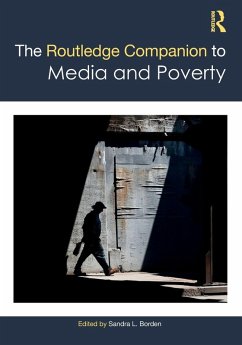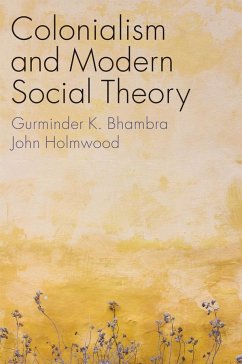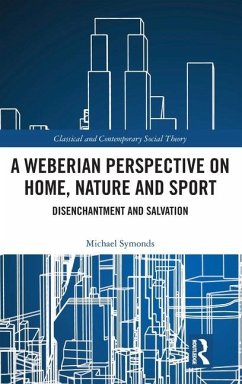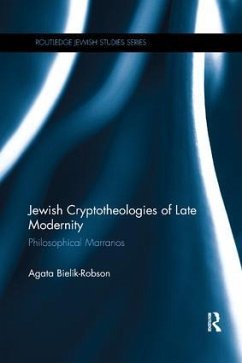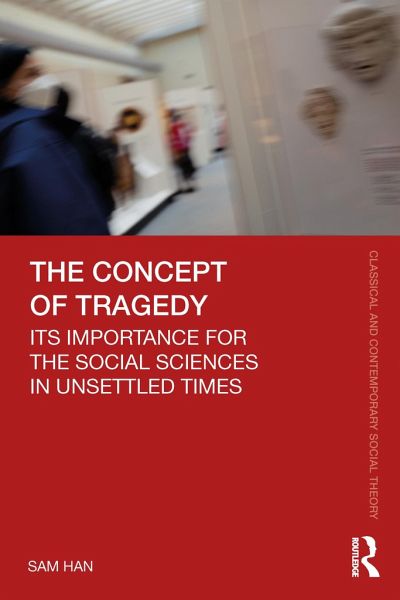
The Concept of Tragedy
Its Importance for the Social Sciences in Unsettled Times
Versandkostenfrei!
Versandfertig in 6-10 Tagen
42,99 €
inkl. MwSt.
Weitere Ausgaben:

PAYBACK Punkte
21 °P sammeln!
Events in the world today appear to be increasingly uncontrollable and unknowable. Climate change, refugee crises, and global pandemics seem to demonstrate the limits of human reason, science, and technology. In light of this, the terms "tragedy" and "tragic" have come into greater use. What does the register of the tragic do? What does its deployment in the contemporary context and other times of crisis mean? In addressing such questions, this book also argues for a "tragic vision" embedded in the history of social thought, demonstrating the relevance of the ancient tragedians and Aristotle a...
Events in the world today appear to be increasingly uncontrollable and unknowable. Climate change, refugee crises, and global pandemics seem to demonstrate the limits of human reason, science, and technology. In light of this, the terms "tragedy" and "tragic" have come into greater use. What does the register of the tragic do? What does its deployment in the contemporary context and other times of crisis mean? In addressing such questions, this book also argues for a "tragic vision" embedded in the history of social thought, demonstrating the relevance of the ancient tragedians and Aristotle as well as Shakespeare and modern dramatists to the most pressing questions of agency and collectivity in the social sciences. Developing a theory of "tragic social science," which is applied to topics including global inequality, celebrity culture, pandemics, and climate change, The Concept of Tragedy aims to restore "tragedy" as a productive analytic in the social sciences. As such, it will appeal to scholars of sociology, anthropology, social theory, media and communications, and literary criticism with interests in tragedy, suffering, and modernity.





